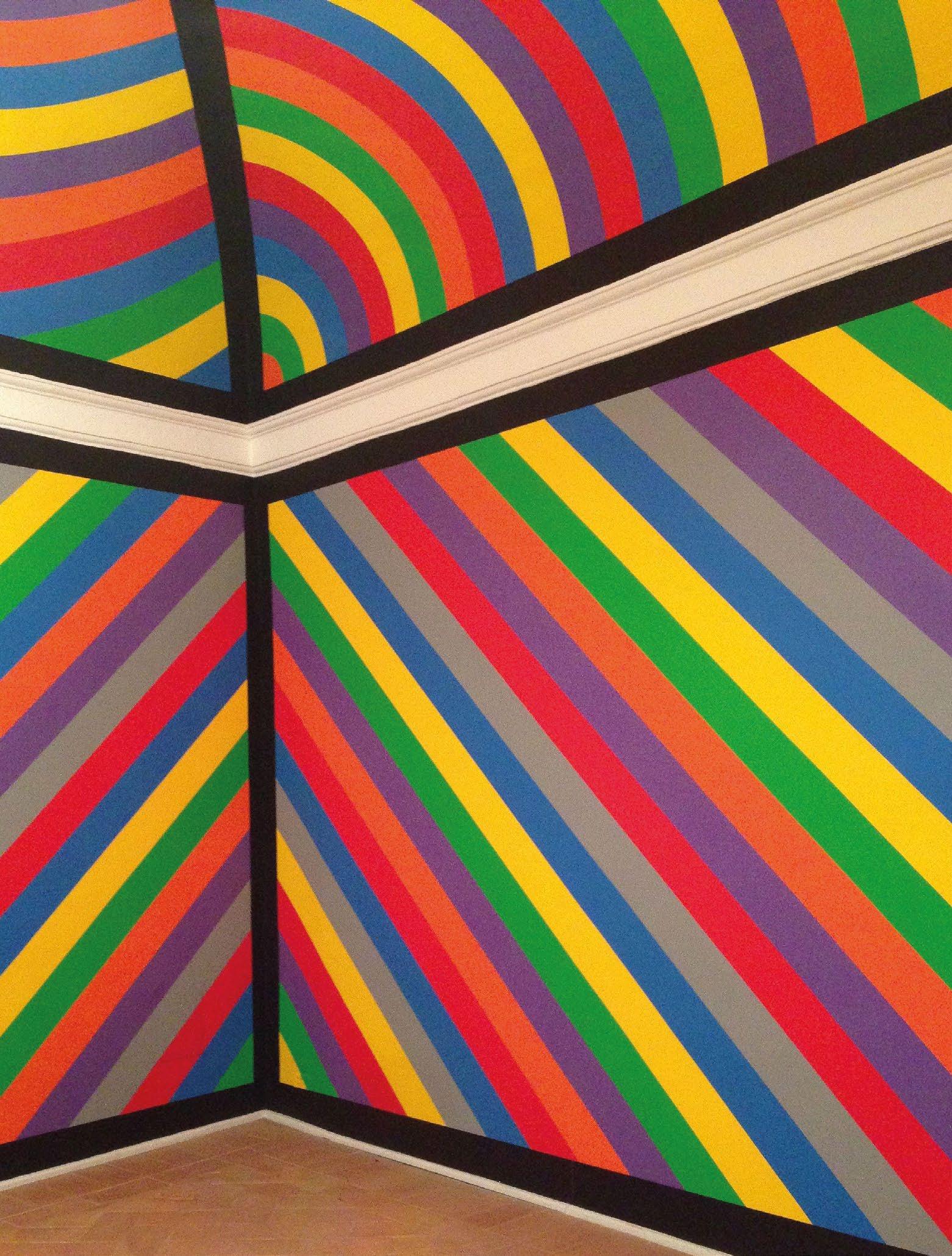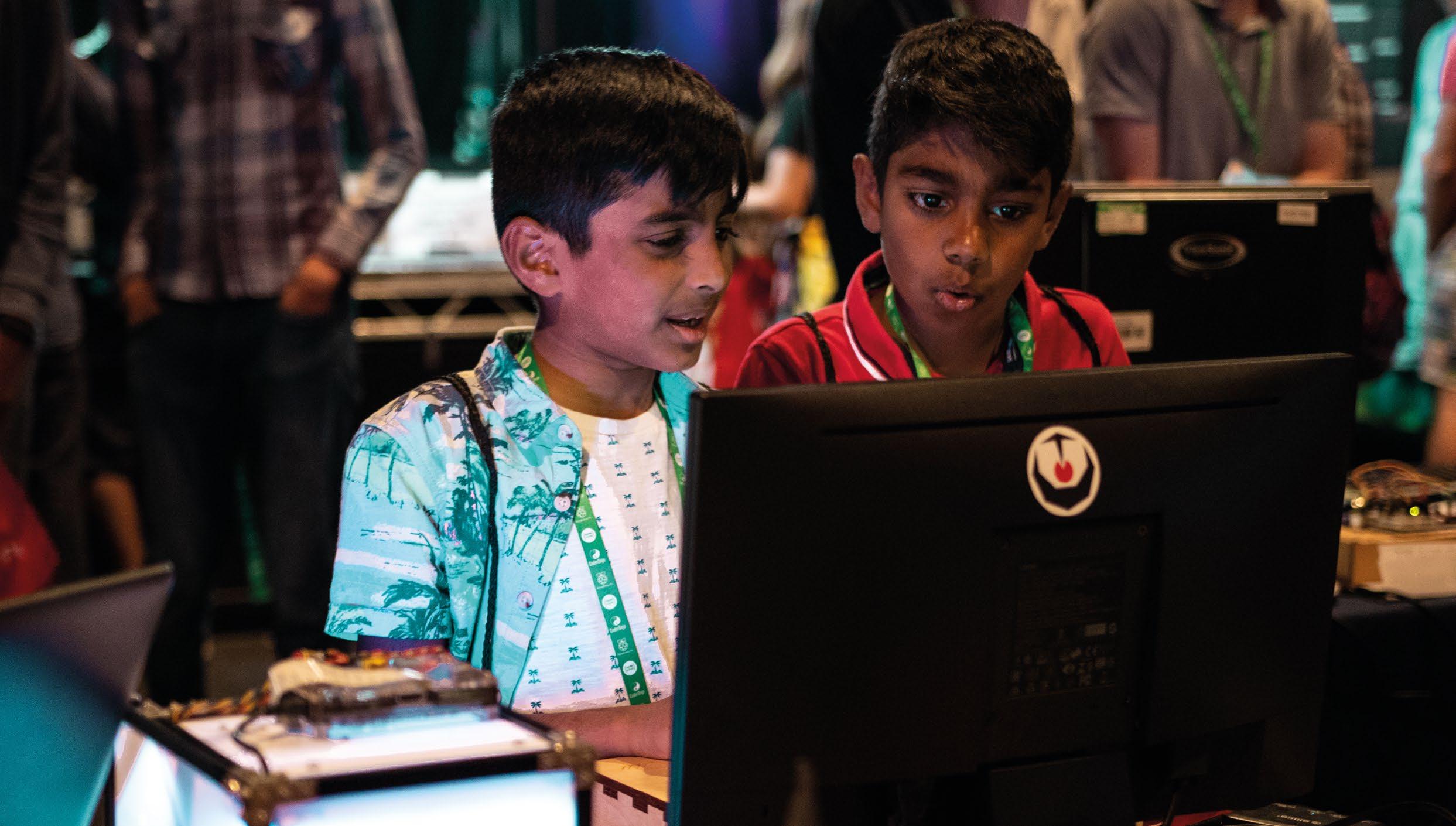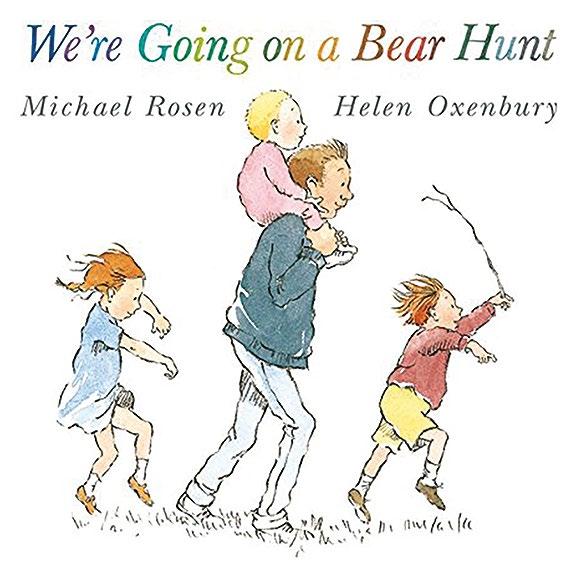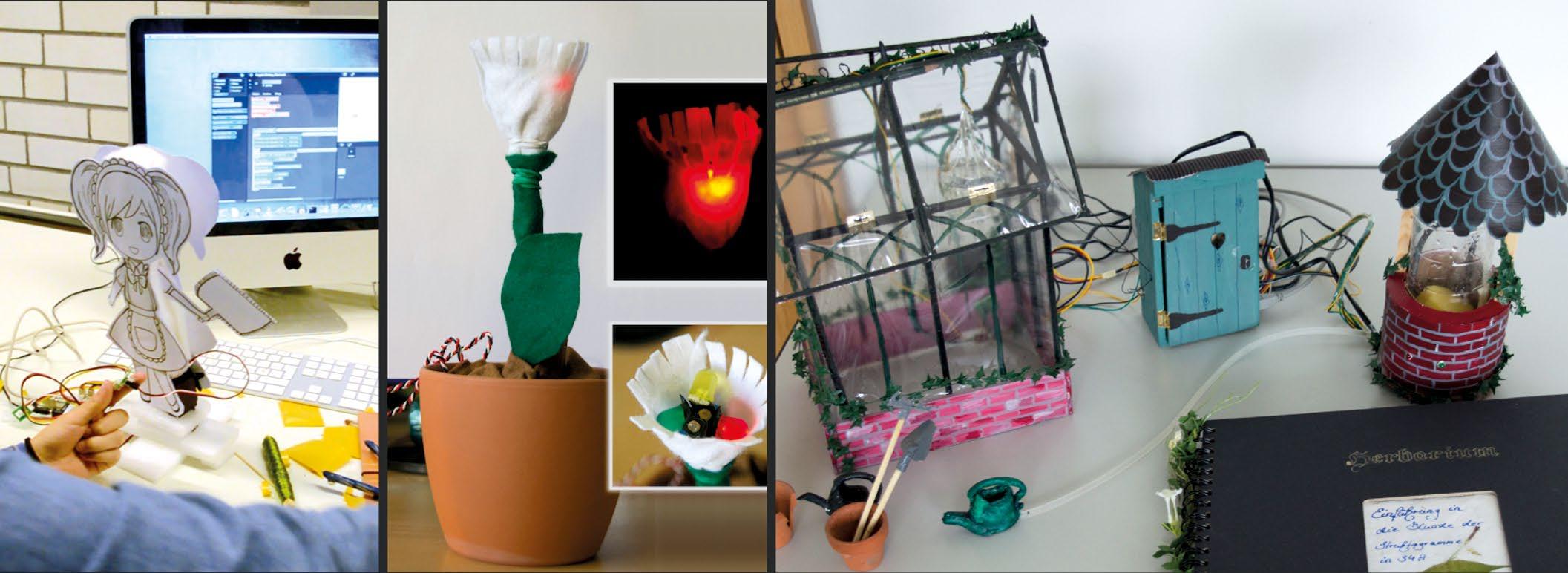OPINION
CARRIE ANNE PHILBIN DIRECTOR OF EDUCATOR SUPPORT AT THE RASPBERRY PI FOUNDATION
WATCH AND LEARN How online video is changing the way we teach computer science
I
remember writing my first computer program on a BBC Micro as if it were yesterday. It was of course during a maths lesson; I had already completed the set work, so I was allowed to use the computer! Logo was my favourite – typing commands to make pretty geometric pictures on a monitor was exciting. The BBC Micro has a lot to answer for. It inspired a generation of computer enthusiasts and professionals like me, and led to the development of Raspberry Pi computers and other small form-factor programmable devices. But what was really revolutionary about the BBC Micro was its accompanying television series, called The Computer Programme, where you could learn to use it alongside the hosts, Chris Serle and Mac. Before this TV programme, the most common way to learn about computers and how to program them was through magazines and books, or even the trusty computer manual. The availability of video tuition really helped me, and now, 30 or so years later, we have videobased platforms that provide content on every aspect of computing, computer science, and technology. They can help us both develop our subject knowledge as computer science specialists and support our students through all the stages of their learning.
Content for teachers
Continued professional development (CPD) can be tricky to fit in with the everyday demands of being a teacher. Trying to find time to be released from the timetable to attend courses
98
The Big Book of Computing Pedagogy
is always a cause of frustration. Thankfully, Computing at School (which spends every moment thinking about how it can support computer science teachers) created CAS TV (helloworld.cc/castv), a YouTube channel full to the brim with content for teachers at every stage of their computing journey. Videos include tips and tricks on teaching particular concepts at different learning stages, learning how to plan a scheme of work, and even how to engage underrepresented groups. Some CAS TV videos also explore creativity and innovation with leading developers. Genevieve Smith-Nunes looks at how dance can represent data (helloworld.cc/dataanddance), and Andrew Fitzgibbon introduces computer vision and machine learning (helloworld.cc/computervision). Many of the videos are delivered by practising teachers in both primary and secondary schools, including Phil Bagge, as well as leading teacher trainers such as Miles Berry, Jane Waite, n Access bite-sized CPD from leading teacher trainers on the CAS TV YouTube channel









































